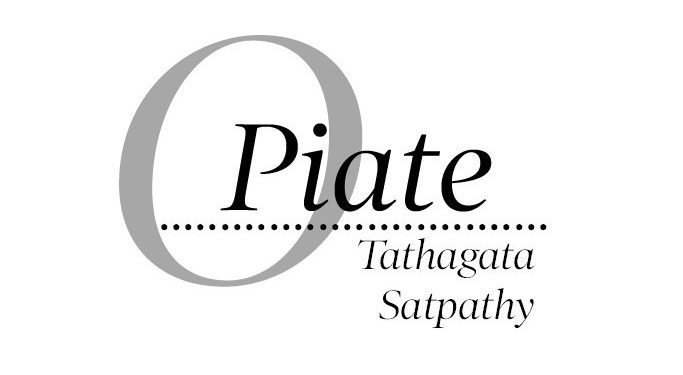“What’s in a name?” said the Bard to underline the importance of the intrinsic qualities of a man rather than his family position or social rank. But, when it comes to the name of a place or a railway station or a street, it becomes an altogether different proposition and acquires new connotations. History, politics and local sentiments step in and the place or the object of the name is relegated to the background. When names are changed and new names fastened, matters become even more complicated and history is sought to be rewritten to whitewash an uncomfortable or unpleasant past. This is happening now in India, with heightened vigor, because efforts are being made to change history with political-communal bias so as to reap not only electoral dividend but also obliterate some ugly facts. If the remarks made by a film actor named Kangana Ranaut, falsifying the history of India’s freedom struggle and unabashedly praising the tenure of Prime Minister Narendra Modi appears obnoxious, the zeal being shown by BJP governments in Uttar Pradesh and Madhya Pradesh in renaming railway stations and places seems to be part of a set pattern and a political design.
There cannot be much objection when existing names of streets or railway stations are changed. There are well defined procedures for it. But while doing so, the authorities must keep in mind that such names conjure up history which needs to be preserved, even if it evokes memories of pain and shame. For example, there are many places in the country which bear the names of British colonial masters. They may hark back to days of domination and insult to the country’s people, but experts opine that the names are important as they bear witness to history that should not be erased. The experts further say that the best that can be done while renaming them is to retain the old names alongside the new names. This has been done in many cases. It did not generate much heat as those clamouring for renaming were propelled by local sentiments that had no political axe to grind.
When Bhopal’s Habibganj railway station was renamed Rani Kamlapati railway station November 15 by the BJP government of Madhya Pradesh, forget the whole of India or even Madhya Pradesh, Bhopal’s average townsfolk would have been taken aback as to who this historical person was. Everyone knows Bhopal was initially settled by Moslem Nabobs and the story of a Gond king is unrecorded. Likewise, Mughalsarai Junction was changed into Pandit Deen Dayal Upadhyay Junction and Allahabad into Prayagraj by the BJP’s UP government. All such decisions create a reason to believe that history is being tweaked with. The change of spelling in English from Ahmedabad to Amdavad is another interesting point. In all these cases, the targets were Moslem names evoking a past when they were rulers and reigned supreme. One may or may not like a particular religious faith or its practitioners, but that does not give anyone the licence to tamper with history that is part of the country’s heritage and legacy, even if it refers to dark chapters.
The interesting point that no one seems to raise is that these Moslem names are not widespread across this subcontinent. For instance, it would be very difficult to find a Moslem name given to any major place or rail station or facility in a state like Orissa. The prime reason could be that this land mass was never ruled by or dominated by any Moslem. The Moguls or their friends never dared to enter even the North Eastern states. It may seem funny but the truth is that even the Moslem dominated East Bengal, now Bangladesh, mostly has neutral names like Dhaka, Chittagong, Sylhet and such. The Moslem sounding names that we currently see in that country, one is told, have all appeared after 1947 Partition. This may lead one to believe that people living in places like Allahabad or Ahmedabad were keen supporters of the regimes of the times. The locals must have had all tried to endear themselves to the Moslem rulers for petty benefits. A similarity we observe with most sycophants of today’s MLAs and MPs. The present day politicians in the BJP seem to be desperately trying to erase their own ancestral betrayals. They are guilty deep down and also ashamed of their own past, their own forefathers. That could be making life difficult for the present day leaders as their ancestors are haunting them every moment in the present. They very well realize they are progenies of ‘collaborators’ and that, understandably, makes them feel terrible.
When a BJP state government singles out Moslem names of places and railway stations and changes them with the names of its party founders, it must realize that there may come, in the future, other parties to power which would work with equal vengeance to change history again. The proposal of the MP government to rename Habibganj railway station was cleared by the Union Home Ministry with alacrity. The same speed may be demonstrated by another government equally hell bent in this kind of an immature name changing game.
Therefore, “What’s in a name?” may hold great relevance for some tormented souls living in present day India but the whole exercise is futile and does no good to the people at large of this country.







































